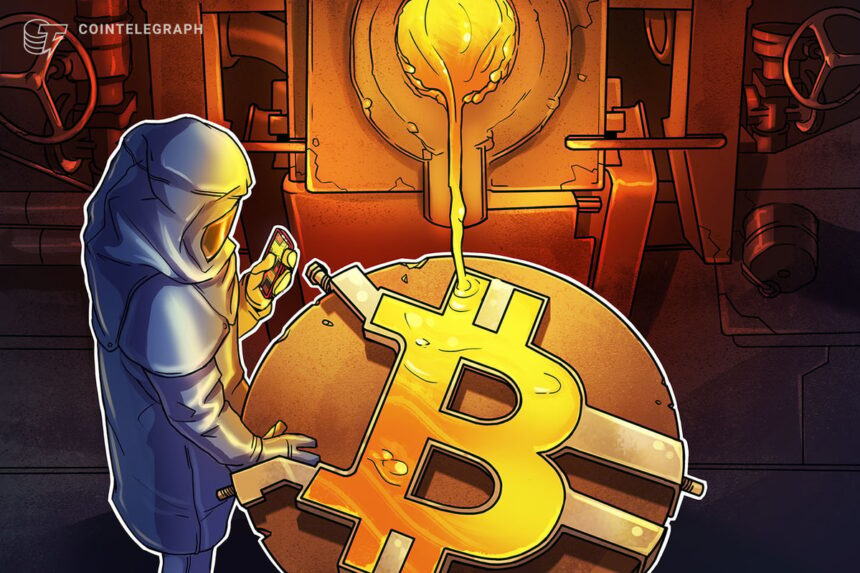Gold, historically revered as the ultimate store of value due to its rarity and timeless appeal, is facing a paradigm shift with the emergence of Generation Alpha. This cohort, the first to be fully immersed in a digital landscape from birth, is approaching concepts of value and currency in a way that is markedly different from previous generations. For them, Bitcoin is poised to transition from a novel investment option to a fundamental aspect of their financial reality.
Generation Alpha will not experience Bitcoin as a groundbreaking innovation; rather, they will inherit a financial ecosystem where Bitcoin is a constant presence. Whether in educational settings or integrated into financial applications, Bitcoin will seem as ordinary as any traditional currency. This shift highlights a significant departure from the experience of prior generations, who often encountered Bitcoin as a disruptive or radical concept.
The normalization of digital currency is already evident. As physical cash becomes increasingly scarce, Gen Alpha will engage with their financial transactions primarily through cashless methods. Their understanding of scarcity will likely stem from digital platforms, such as in-game currencies, rather than any tangible assets like coins. Consequently, the perception of gold may shift for them, portraying it more as a relic of the past rather than a relevant store of wealth.
Access to Bitcoin has never been easier, particularly for younger individuals. The complexities associated with investing in gold—requiring trustworthy dealers and secure storage—present substantial barriers. In contrast, Bitcoin can be accessed effortlessly through a variety of child-friendly fintech apps. With these platforms already teaching the fundamentals of finance, it is likely that Gen Alpha will encounter Bitcoin well before grasping more traditional concepts like savings accounts.
Trust is another element that will define Gen Alpha’s perception of value. Growing up in an environment characterized by institutional skepticism, they will be wary of automatic trust in banks or governments. Instead, they will demand transparency, seeking systems that promote accountability. Bitcoin aligns neatly with this worldview, given its open-source design and decentralization. For a generation that prioritizes verification over blind trust, Bitcoin is an appealing option that fosters confidence through its architectural integrity.
Culturally, Bitcoin is no longer confined to the realm of finance; it has woven itself into the fabric of modern pop culture. Gen Alpha’s exposure to Bitcoin through various media—ranging from finance applications to influencers and educational programs—ensures a deep psychological connection. Just as social media became second nature to Generation Z, the same will occur with digital assets for Gen Alpha, further solidifying Bitcoin’s relevance in their lives.
Moreover, the inherent qualities of Bitcoin stand in stark contrast to gold. Whereas gold is static and confined to physical vaults, Bitcoin is versatile, programmable, and integrated with decentralized finance systems. As this new generation navigates a world built on flexibility and responsiveness, Bitcoin’s functional attributes will resonate profoundly with their expectations.
This evolution heralds a financial transformation in which Generation Alpha will not need convincing about cryptocurrency. Unlike Millennials or Gen Z, who debated the merits of Bitcoin, Gen Alpha will simply view it as part of their economic framework. Their interaction with digital assets will not stem from ideological motives but rather from a sense of familiarity and usability. As they grow up, Bitcoin will naturally find its place in their digital wallets, shaking the long-standing dominance of gold as a premier store of value.







